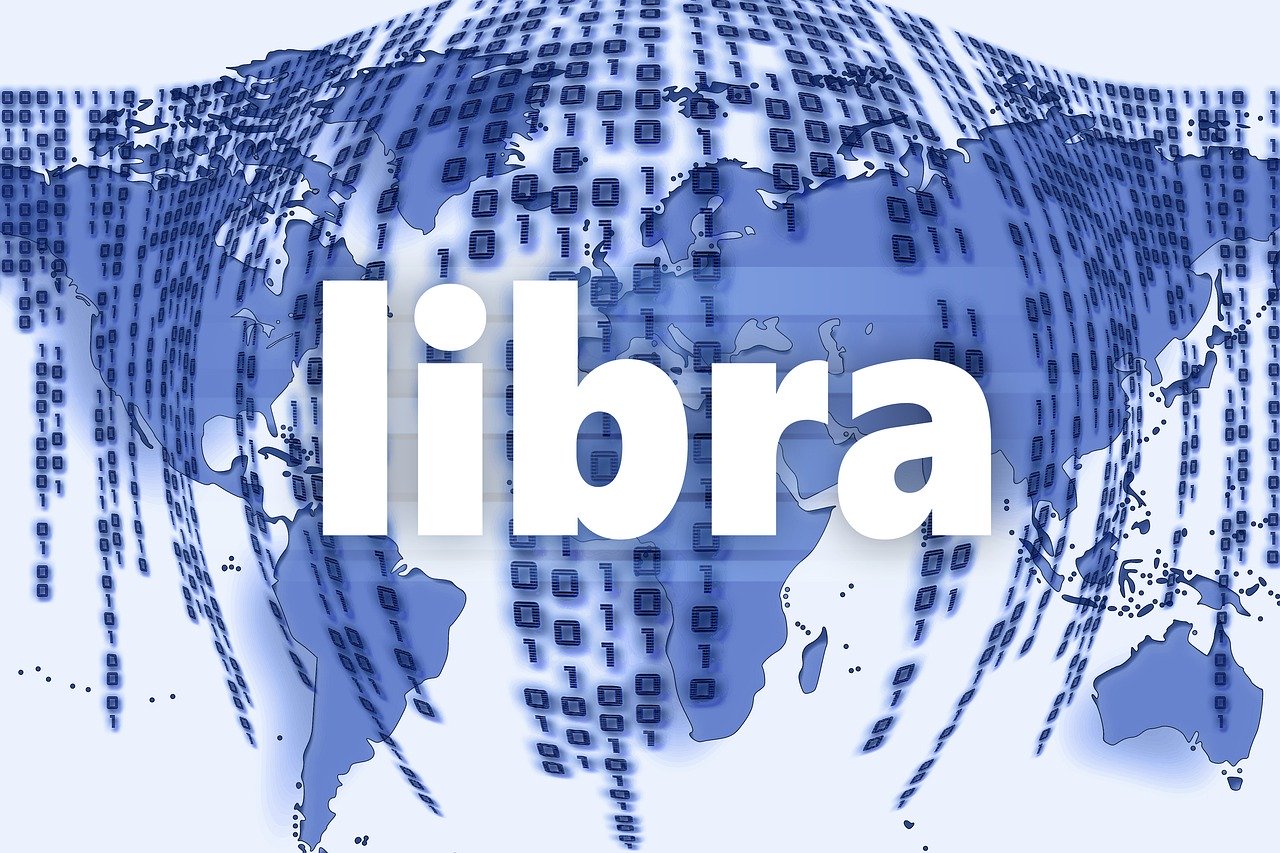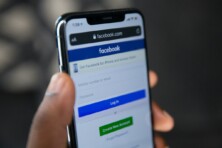Have you already heard of Libra coin’s new launch date?

Libra digital coin’s debut: challenges and breakthrough. Source: pixabay.com
It appears Facebook has kept silent about its digital currency only to come up with a new plan. Massive rebranding, drastic cuts to the original project scale, and a new launch date – that’s what defines Libra (Diem) digital coin in 2020.
Project history
In June 2019, Facebook thrilled all crypto enthusiasts with an important announcement. It appeared the company had been secretly working on a new blockchain-based currency called Libra for a while.
In its essence, Libra would be a stablecoin – digital asset backed by fiat currencies. At the end of September 2019, the social network released a list of currencies that would support Libra’s circulation: US dollar – 50%, euro – 18%, yen – 14%, pound sterling – 11%, and Singapore dollar – 7%.
In order to manage the complex new infrastructure, Facebook created a subsidiary company Calibra. It is supposed to ensure separate processing of financial and social data of Facebook customers, and deal with cryptocurrency operations. In particular, it started building a digital wallet to be integrated throughout its platforms, starting with Messenger and WhatsApp.
A number of globally recognized companies from the payment industry supported the idea. Initially, 28 of them created the non-profit Libra Association headquartered in Switzerland. It included representatives of the parental companies, which had contributed at least $10M to the project development. However, a few significant participants left the project later, after numerous problems with regulators piled up. Those companies leaving included eBay, Vodafone, Stripe, Mercado Pago, Visa, and MasterCard.
In May, some new companies joined the Libra-backing team. Singapore state-owned investment firm Temasek Holdings Pvt. Ld. along with cryptocurrency investment firms Paradigm and Slow Ventures added to the new Libra Association list.
In July 2019, US Secretary of the Treasury Secretary Steven Mnuchin warned that Libra may be easily used by criminals (in particular, for money laundering, drug and human trafficking, tax evasion, and the financing of terrorist organizations). That made the U.S. administration very concerned about the possible cryptocurrency launch. Facebook has “a lot of work to do before we get to the point where we’re comfortable with it,” Mnuchin said.
Given Facebook’s prior breaches of trust, officials all over the world were alarmed about how the company would handle loads of financial data. Congresswoman Maxine Waters, chair of the House Financial Services Committee, asking Facebook to pause its project, pointing out that the company has “repeatedly shown a disregard for the protection and careful use” of the customers’ personal data.
It was also reported that EU finance ministers agreed to a de facto ban on the launch of so-called global “stablecoins” such as Libra as long as the regional governments don’t have a common approach to regulation that can mitigate the risks posed by the technology.
On October 23, 2019, Facebook CEO Mark Zuckerberg, speaking to the United States House Committee on Financial Services, admitted that he wasn’t sure whether the Libra digital currency would be launched. According to him, the company was not going to release the cryptocurrency anywhere in the world until all the regulation problems were resolved and “all U.S. regulators approve it.” At this point, the project was put on hold.
2020 Update
While the 2020 pandemic has undermined practically all global economies, people started to resort more to the digital alternatives of fiat money. Most popular cryptocurrencies saw their token prices soar during this year. Perhaps, the increasing trust in digital assets encouraged Facebook to restore their dreams of “a simple global currency and financial infrastructure”.
In April 2020, the Libra Association released the second version of its white paper taking into consideration the regulators’ concerns. Instead of a single currency, the Facebook-led consortium unveiled new plans to develop a few stablecoins each representing a different fiat currency. One libra coin could be tied to the USD, for example, another to the euro, and so on.
While a multi-currency libra coin (≋LBR) will remain the principal token, it will include a combination of those stablecoins, using a model emulating the International Monetary Fund’s special drawing rights.
In May, the Libra Association boosted its regulatory credibility by appointing HSBC’s chief legal officer, Stuart Levey, as its CEO. The new executive previously served as the Under Secretary of the Treasury for Terrorism and Financial Intelligence for George W. Bush and Barack Obama.
Facebook also announced it’s renaming and rebranding its digital wallet from Calibra to Novi.
Most recent news
On November 27, 2020, the Financial Times reported that Facebook’s Libra currency is going to launch next year in an even more limited format than proposed in April. The much-anticipated event is due in January 2021. However, the exact launch date is still unknown as the Libra Association needs to receive regulatory approval by the Swiss Financial Market Supervisory Authority, or FINMA, to operate as a payments service. The application was made back in April 2020.
According to the new plan, the company will launch a USD-pegged stablecoin, to begin with, and roll the other currencies at a later point. Initially, Libra should launch in the US and some Latin American countries. The euro and the EU are widely seen as the next objective. Multi-currency stablecoin that started it all would come last.
The news has alarmed central banks across the globe. ECB board member Fabio Panetta expressed his concerns about the future of national monetary systems at a Bundesbank-convened future of payments conference.
Meanwhile, German finance minister Olaf Scholz urged the central banking community to speed up their efforts on creating the official digital alternatives for fiat money.
On December 1, the Facebook-backed Libra Association announced it was renaming itself to Diem which is Latin for “day”. The currency’s name will also change from libra to Diem, according to Reuters. The rebranding “signals the project’s growing maturity and independence.” These lofty words essentially mean that the new name is yet another attempt to distance the group from Facebook, and from its earlier controversies with regulators.
Unfortunately, this attempt has become a matter of new scandal and a possible legal case. Finance app Diem, unrelated to Facebook, threatened the social media giant with legal action.
Its founder Chris Adelsbach indicated it was not his preferred course of action to sue Facebook, though his legal advisors suggested he should take steps to protect his company’s brand identity.
Apparently, the name change can’t subdue the worries of national regulators. In a virtual statement to G7 finance ministers, Olaf Scholz referred to the Facebook stablecoin as “a wolf in sheep’s clothing.”
Nevertheless, David Marcus, the head of Facebook Financial, still said he hopes both the cryptocurrency called Diem and the social networking firm’s wallet Novi will launch next year.
SEE ALSO:









